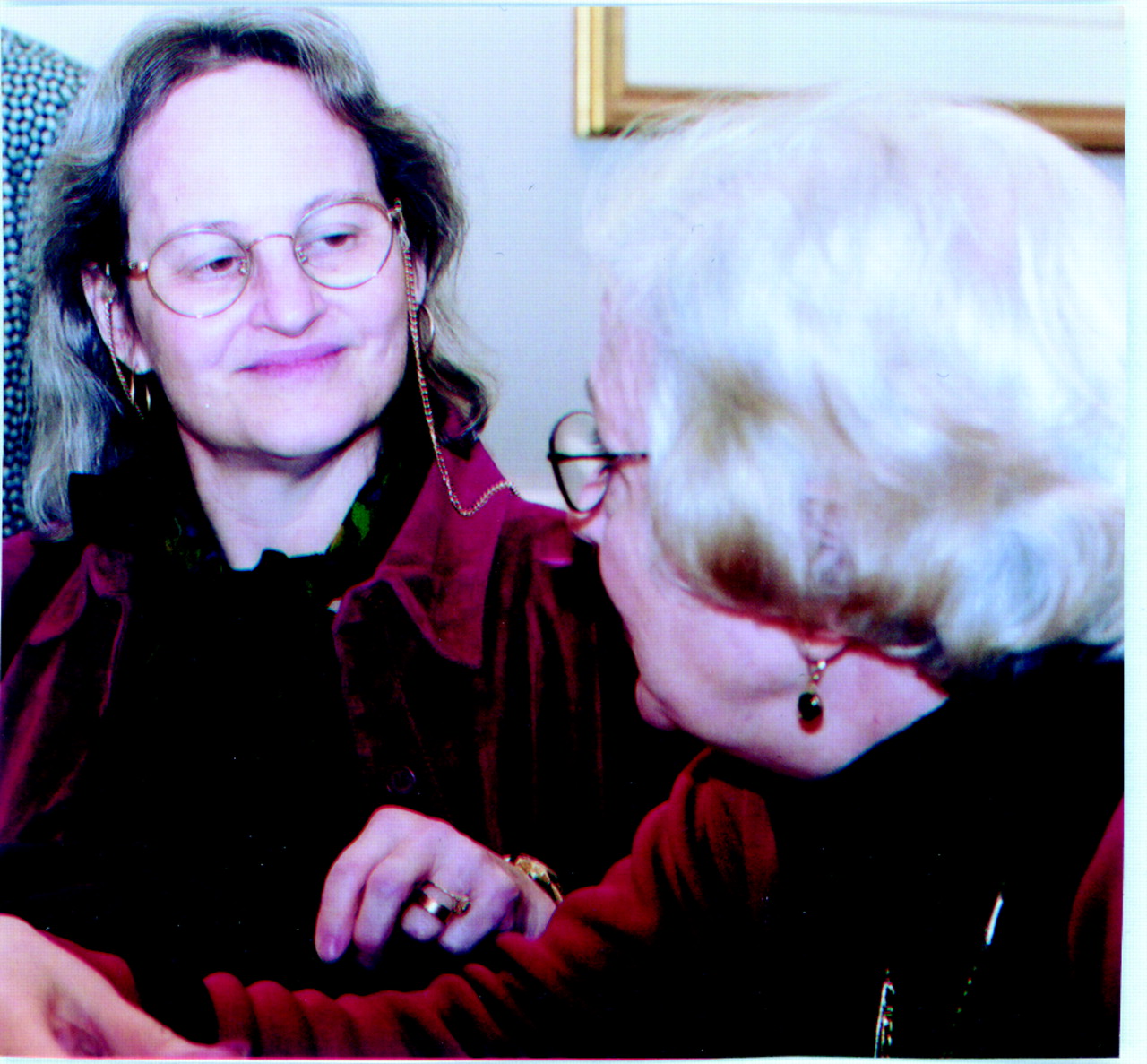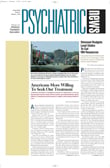For a few years now, Afaf Mahfouz, Ph.D., a Bethesda, Md., psychoanalyst, has been coming together with some other analysts at the December meetings of the American Psychoanalytic Association to probe the mental state of prejudice. “We have been struggling because we have been dealing with many contradictions and blind spots,” she admitted during this past December’s meeting.
Nonetheless, she and the other analysts who have been brainstorming prejudice at these sessions believe that they are making some progress in better understanding it. Here are some of the insights that emerged at their latest session.
“Prejudice” means “prejudgment,” according to the dictionary. And prejudices can be neutral or at least benign, Henri Parens, M.D., a Philadelphia psychiatrist-psychoanalyst noted. But more often than not, he said, prejudices are pejorative—that is, negative beliefs or feelings about other people.
And if prejudices are negative, one of the causes is often fear, session attendees tended to agree. For instance, sexism is a kind of prejudice, and it stems in psychoanalytic terms from men’s fear that powerful women will castrate them, Beth Seelig, M.D., an Atlanta psychiatrist-psychoanalyst, asserted. Still another cause of negative prejudices is envy, session attendees indicated. And the envy that drives negative prejudices in turn often comes from the inability to have what another has, Harvey Rich, M.D., a psychiatrist-psychoanalyst from Washington, D.C., pointed out. Envy can also arise when people are conflicted about their own capabilities, Susan Lazar, M.D., a Bethesda, Md., psychiatrist-psychoanalyst, added.
Yet even negative prejudices that are born out of fear or envy or some other negative emotion become fully malignant only when people act on them, Parens indicated. For example, a negative prejudice becomes malevolent when someone shows hostility. Or a negative prejudice becomes vicious when it leads to a physical assault.
Can people rid themselves of their negative prejudices? Session attendees disagreed on this question. However, they appeared to agree that people can at least keep from acting on their negative prejudices.
One way to keep from acting on negative prejudices, Parens said, is to be aware of one’s prejudices. “When we are aware of our prejudices, then we can quickly restrain ourselves,” he explained.
Still another way to avoid acting on negative prejudices, he pointed out, is to be aware that prejudices are not fixed entities and, when fueled enough by fear, envy, or other negative emotions, can grow from sparks of dislike into flames of loathing and finally into conflagrations of hate.
Indeed, “resentment is a form of hate,” and “resentment is the explosive element that dwells in all prejudice.” This is the observation of Leon Wurmser, M.D., a Baltimore psychiatrist-psychoanalyst, who also attended the session. ▪

